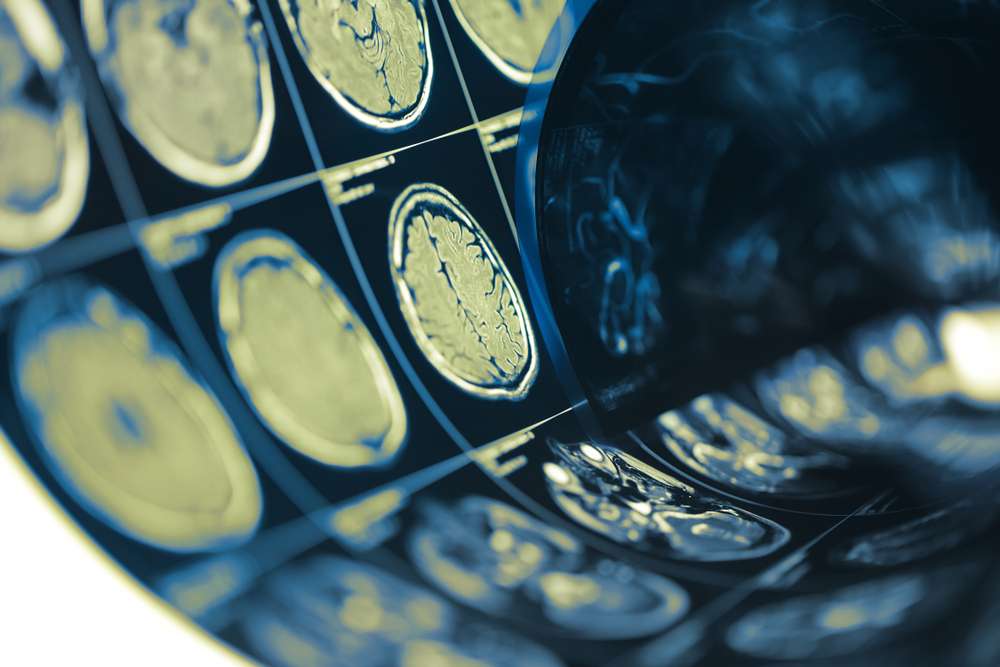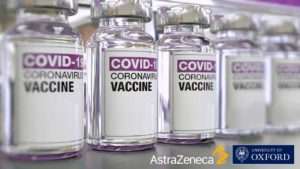Most people understand taking care of their health as eating right and getting regular physicals. We assume that giving our body nutrients and getting an annual check-up is enough to keep everything in working order. Unfortunately, most physicals don’t include a concussion test. Most physical examinations don’t include any brain tests at all.
At Statcare, we do things differently. We know that overall health includes keeping an eye on brain function and processing. It’s why we encourage our patients to get a concussion test, even if they haven’t suffered a head injury recently. A concussion test evaluates the brain’s thinking and processing to establish a baseline of brain health before any injury occurs. With an established norm, doctors can get a better idea of the immediate effects of a brain, post-injury.
The more information you have about your brain health, the better your doctors will be able to treat you if you happen to experience a concussion. Let’s start with the basics.
What Is a Concussion?
A concussion is a traumatic brain injury that is usually caused by a powerful blow to the head. Although the effects are usually temporary, they can have a profound effect on the function of your brain.
Symptoms of a concussion vary but can include things like headaches, problems concentrating, memory issues, balance and coordination failures. In some cases, people lose consciousness when they get a concussion, but it doesn’t happen every time. The symptoms of a concussion can last for days, which is why it’s important to get a concussion test immediately if you’ve suffered a big blow to the head.
What Are the Signs of A Concussion?
The symptoms of a concussion vary from person to person and from injury to injury. Part of the need for a baseline concussion test is to figure out how your brain is reacting to any given injury. Concussions can go overlooked by trainers and coaches especially if your symptoms don’t match what usually occurs.
If you think you have a concussion, look for the following immediate symptoms:
- Headache or a feeling of pressure in the head
- Temporary loss of consciousness
- Confusion
- Forgetting the event that lead to the concussion
- Dizziness or “seeing stars”
- Ringing in the ears
- Nausea
- Vomiting
- Slurred speech
- Delayed responses
- Fatigue
Other symptoms to look out for in the days following the injury include:
- Struggles with concentration and memory
- Irritability
- Sensitivity to light and noise
- Sleep disturbances
- Depression
- Disorders of taste and smell
If you’re experiencing any of these symptoms, take a concussion test immediately. The sooner you start treating your concussion, the quicker you can get back to feeling normal and functioning at your peak.
Who Is At Risk of a Concussion?
Put simply, anyone can get a concussion. There isn’t a way to make yourself immune to concussions, but there are certain activities that increase your odds of a concussion.
First, reckless driving is a common cause of concussions. Distracted driving due to texting, eating or just simply not paying attention causes collisions of all kinds. In fact, over a third of all concussions are reported to be caused by motor vehicle accidents. What’s more, distracted driving is fully preventable. You can protect yourself and those driving around you from a concussion, or worse, by deciding to drive only when you can give the road your full attention.
But, by far, the most common reason people seek treatment for concussions is sports.
Athletes and the Concussion Risks
Concussion rates for athletes are growing at an exponential rate. Between 2002 and 2012, the rate of concussions doubled, with 3.8 million concussions reported during that decade. Most concussions happen during sports practice sessions when people are being more playful and less diligent about their training.
If you’re a parent of a child playing in contact sports like football, soccer, lacrosse, hockey, or any other major sport, be sure to start and end the season with a concussion test. In these tests, you’re looking for a couple specific things.
First, you want to make sure that your child is ready to play for the season and that they’ll perform at their best. Secondly, you want to ensure that no concussion went unreported during the season. Kids have a tendency to not want to be left out of the activities, especially on a sports team, so they might not report a concussion if they have one. It’s better if you, the parent, step in and schedule the concussion tests as soon as you know the season’s schedule.
Ask for a concussion test during their sports physical exam or schedule during a separate appointment. Staying on top of your child’s brain health is the best path towards a calm, cool, collected sport’s season.

Concussions and Work
Depending on the tasks you’re required to complete at work, you might also be at risk for concussions there. People who operate heavy machinery or work on top of ladders open themselves up to the risk of a concussion. If this is a concern at your worksite, start taking a regular concussion test. Get baseline metrics for the way your brain functions so you know if there is any cause for concern after a head injury experienced at work. In the event a concussion does occur at your workplace, be sure to alert your manager immediately.
What Is a Concussion Test?
We’ve mentioned a few times the value of getting a concussion test done for your child or yourself, but we haven’t covered exactly what it is. Think of it like an EKG that measures the effects of an injury to your heart. A concussion test is simply a way to understand the damage that was done to the brain tissue after a trauma.
Using an EEG, in 18-85 years age group, doctors can measure electrical injury patterns in brain tissue to determine how severe and widespread the damage is to your brain as long as it is done within 72 hours of the injury.
For big injuries, you want to skip a concussion test altogether and go for a CT scan instead, especially if you think there might be bleeding in the brain. For minor injuries that happen in sports or at work, try an EEG concussion test that can be administered by an urgent care doctor or your primary care physician.
Does It Really Matter If I Skip A Concussion Test?
What we’ve learned in recent years is that a concussion can lead to much more than headaches and dizziness. A person who sustains chronic concussions, like a football player, is at risk of something more dangerous: CTE. Chronic Traumatic Encephalopathy is a progressive degenerative brain disease that happens to people who get repeated brain injuries. It used to be described by boxers as “punch drunk” but we now know it’s much more severe than that. People who suffer from CTE can become violent, suicidal and suffer from dementia.
Getting a full picture of your brain’s health and how it functions is the best way to prevent CTE and other diseases caused by constant trauma to the brain. Particularly, if you start getting a concussion test at a young age, you can understand how your brain is affected year over year and make the right decision for your health before it’s too late.
Where Can I Receive a Concussion Test?
For the most affordable and thorough treatment, we recommend not going to the emergency room to take a concussion test. Doctors could put you through a costly CT scan to check your brain for bleeding, missing the signs of a concussion completely. You also don’t want to risk going to your primary care doctor with something as serious as a concussion. Pediatricians are especially prone to sending a child home without the proper treatment plan. For example, a child with a concussion must avoid screen time at all costs. They will usually need to take a few days off from school as learning can stress the injured brain and make things worth. Without knowing this information, parents could do more harm than good to their injured child. Similarly, if you’re an adult who got a work-related concussion, you might need instructions to avoid screens at work or training sessions. A primary care doctor may not have the time and resources to explain the entire treatment plan to you.
At Statcare Urgent Care, our doctors specialize in diagnosing and treating concussions. We can administer a concussion test right away. It’s a state-of-the-art handheld technology that uses a disposable headset to tell your doctor whether you might have internal bleeding that requires immediate attention or if you have a functional injury that can be treated with rest and recuperation.
If you think you might have suffered a concussion or want to learn the right ways to prevent chronic head injuries, come into one of our Statcare Urgent Care locations. Our staff can give you a concussion test, answer any questions you may have and recommend the right treatment or prevention plan for you. Put your brain’s health and function first and visit a Statcare location today.










